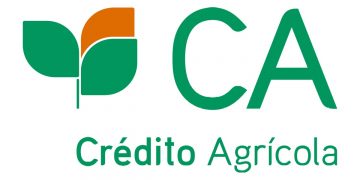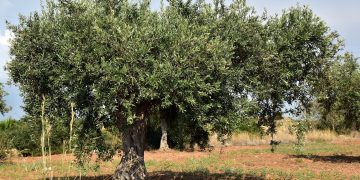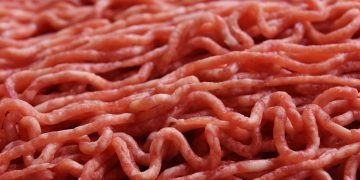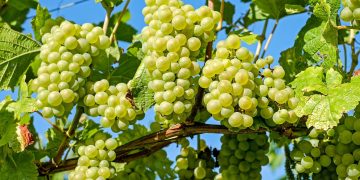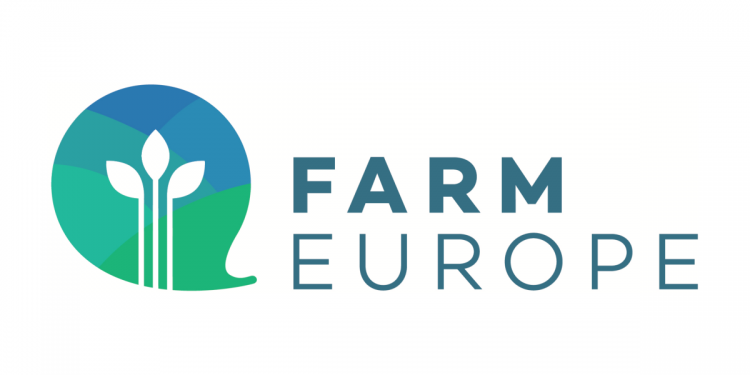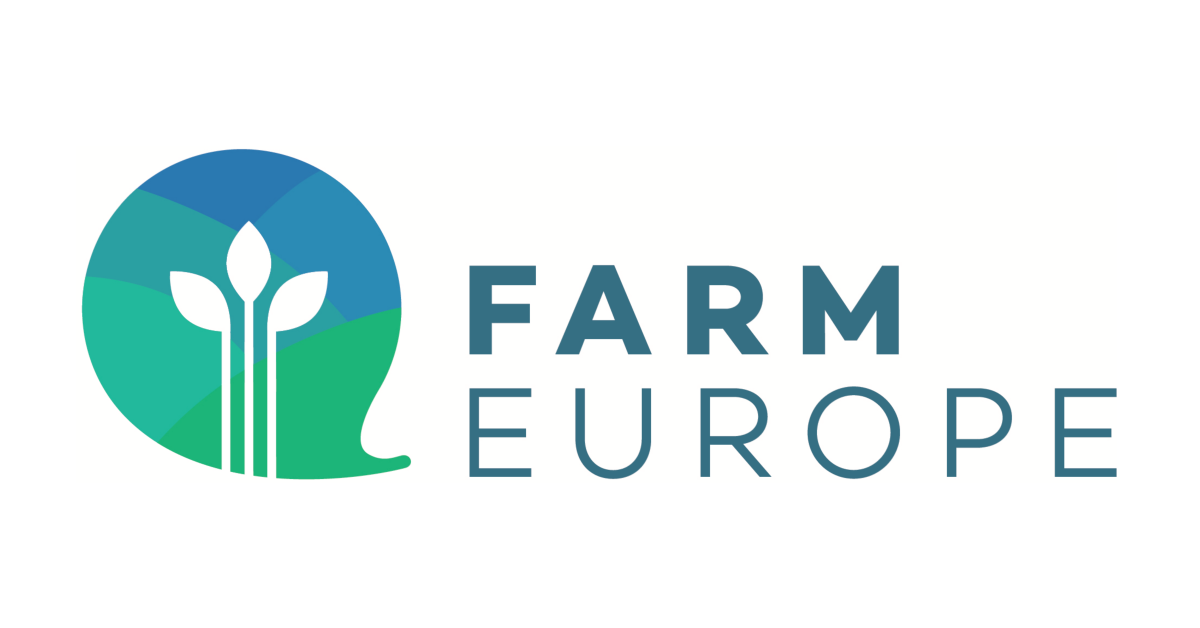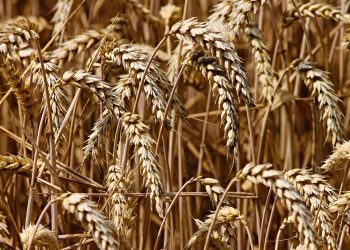The upcoming second Trump Presidency can have dramatic consequences on EU agriculture, trough trade and policy impacts.
What comes immediately to our minds is the increased risk of trade frictions or even trade wars, which could one way or the other impact upon EU agriculture.
This note discusses the different scenarii as far as trade problems are concerned, but goes further and highlights another major likely impact – on the EU Green Deal.
In discussing what could happen we will not dig in the discussion on the advantages or disadvantages of higher tariffs, which although being of real importance would merit a specific and deep economic analysis, well beyond the more focused purpose of this note.
TRADE
On the trade front Trump has quite consistently talked about raising US import tariffs. He has also consistently singled out China has a major target for US tariff hikes.
It would not be anything new as in his first Presidency he took the charge against China and raised multiple tariffs against steel or aluminium imports, which, as is well remembered, impacted the EU and lead to difficult negotiations after a round of trade retaliatory measures.
What could a second Trump Presidency bring anew?
There are several possible scenarii:
- The US could raise its tariffs across the board, bringing its average weighted tariff of little more than 2% to 10 or 20%. On China, the US would likely raise its tariffs even further, the figure of 60% has been put forward.
The difficulty with this scenario is that it would impact every country in the world, including the US, most likely trigger retaliatory measure by the countries affected, and leave very little margin for negotiation.
The US would get increased protection for some of its sensitive sectors, but loose export markets and increase import (and input) costs even for sectors where the new Administration is not seeking to reshore its industrial basis.
The EU would most certainly retaliate, increasing tariffs and thus reducing US imports.
Our agriculture exports to the US would be reduced. Although we might replace the US in some third countries markets that would have also increased tariffs on US imports, the final balance would be negative for our interests as we currently enjoy a large trade surplus with the US.
Trump could also have difficulties in passing this across-the-board tariff hike in Congress. Whereas for specific tariffs he might have the power to act, it is unlikely that power could be extended to such a comprehensive measure.
I would thus rank this option as not very likely.
- The US could raise its tariffs mainly against China and a few other products and countries, targeting those areas where higher tariffs would be more effective to bring industry back to the US and protect sensitive sectors. Or the US could demand reciprocity on some specific products, i.e that third countries apply the same tariffs than the US.
The EU could be impacted on cars, steel, and other industrial products, and also directly on agriculture as Trump has been vocal against the EU for restricting US food exports. That would inevitably trigger retaliation against US imports.
From there, three alternatives are possible: that both sides stay with mutual targeted higher tariffs; that the retaliation triggers counter-retaliation and a trade war; that some form of negotiated settlement is found.
The outlook for EU agriculture exports to the US would depend on which products would be targeted by US higher tariffs. That is very difficult to predict, but the prospect is real.
This scenario could be more appealing to the new Administration. It would enable her to exert pressure and settle for a better negotiated deal.
In both scenarii the impact of much higher tariffs on Chinese exports to the US would be felt also in the EU. China would be left with more goods to export at even lower prices to the EU (and to the rest of the world). The EU would most likely feel compelled to protect herself, and could even do it under the framework of an agreement with the US. China would however not watch idle while its exports were being targeted. Thus, EU agriculture exports could easily be on China’s list of retaliation.
Also, in both scenarii the WTO would be even further sidelined to the point of practical oblivion. Recourse to the WTO dispute settlement mechanism would not be a viable option to deter the new US Administration.
GREEN DEAL
The trade problems discussed above would result on the initiative of the US to break its WTO commitments and unilaterally impose tariffs on others with no valid internationally accepted legal arguments. The WTO exception to allow members to retain otherwise WTO-inconsistent measures — such as discriminatory tariffs or import quotas or bans — on grounds of national security, cannot justify every measure, and even less an across-the board tariff hike.
Turning now to the EU Green Deal.
EU ETS (Emission Trading Scheme) is a mechanism that restricts and prices carbon emissions within the EU creating a market for emissions allowances. CBAM (Carbon Border Adjustment Mechanism) levels the carbon cost playing field for imported goods, by applying a differential tax at the border.
As it stands the applicability of the Green Deal, without devastating consequences for our economies, depends upon the implementation of the CBAM. Without a CBAM the industries that are subject to mandatory emission reductions and real biting ETS would face a double-edged shock – higher production costs and more competition from imports. That would be a recipe for disaster, which would most likely be politically (and socially) unacceptable.
The CBAM is already being deployed but the implementation of actual border taxes is scheduled to start from 2026, when the free distribution of ETS certificates comes to an end.
Thus in 2026 the EU would start taxing imports of cement, electricity, fertilisers, iron and steel, and aluminium hydrogen, and some precursors and downstream products made from cement, iron and steel, and aluminium, when their emissions are higher than what is accepted within the EU.
Contrary to what would happen if (when) the US raises tariffs unilaterally, now it would be the EU doing it.
The new US Administration would most likely retaliate. Even if some Republicans are willing to impose carbon taxes on imports, which would mostly concern China, they would never accept that US exports be taxed for that reason.
Our legal ground to apply a CBAM under WTO rules has not been tested. The EU knows it is in shaky ground, and it is understood that it would privilege securing its ground through agreements with countries concerned. That could prove difficult, if not unlikely, but notwithstanding the US would not seat down to accept an EU CBAM, nor would the US wait for a WTO panel decision to react.
What is more, the US would probably be followed by other major economies, like India and China. Even the UK would be in a difficult position, as agreeing with the EU and implementing their own CBAM would put them at a crossroads with the US.
The result would be that either the EU goes ahead with the Green Deal and accepts that a large share of its industries is put in dire straits due to higher production costs and lower exports, with all the economic, social, and political consequences, or the EU pauses the application of core elements of the Green Deal, starting by the ETS and the CBAM.
The former is highly unlikely, as it would cause reduced welfare and jobs. If now, at an earlier stage of implementation of the Green Deal, political and social opposition is mounting as the costs are becoming clearer, as those costs would sharply increase if the EU stays the course of implementation of the Green Deal, what would the reaction look like? Politicians and public have now an acute awareness of the consequences, and I would expect the Green Deal key measures to be paused and the EU back to the drawing board on the best way forward.
Although only the EU’s industry is directly concerned by the ETS and the sharp reductions in emissions, agriculture would also be on the spot as fertilizers are concerned, not to mention likely trade retaliation.
In addition to that, the pause of the implementation of core elements of the Green Deal would open wide the door to a broader re-evaluation on how the EU should tackle climate change, on which measures should be implemented without jeopardizing the EU economic and social fabric.
That is of utmost importance to EU’s agriculture. The issue is not that climate change is real and impactful. The issue is how best we should address this challenge. The issue is to tackle climate change without reducing our welfare and our strategic autonomy.
To conclude, a Trump Administration surely brings a higher risk of trade spats, but also the opportunity to rethink how we deal with climate change in the EU.
It brings on the one hand the negative prospect of reduced trade opportunities, but on the other hand it opens the possibility of re-tooling the Green Deal to fight climate change without reducing our well-being, shifting to a technological and incentive-based approach.
O artigo foi publicado originalmente em Farm Europe.


